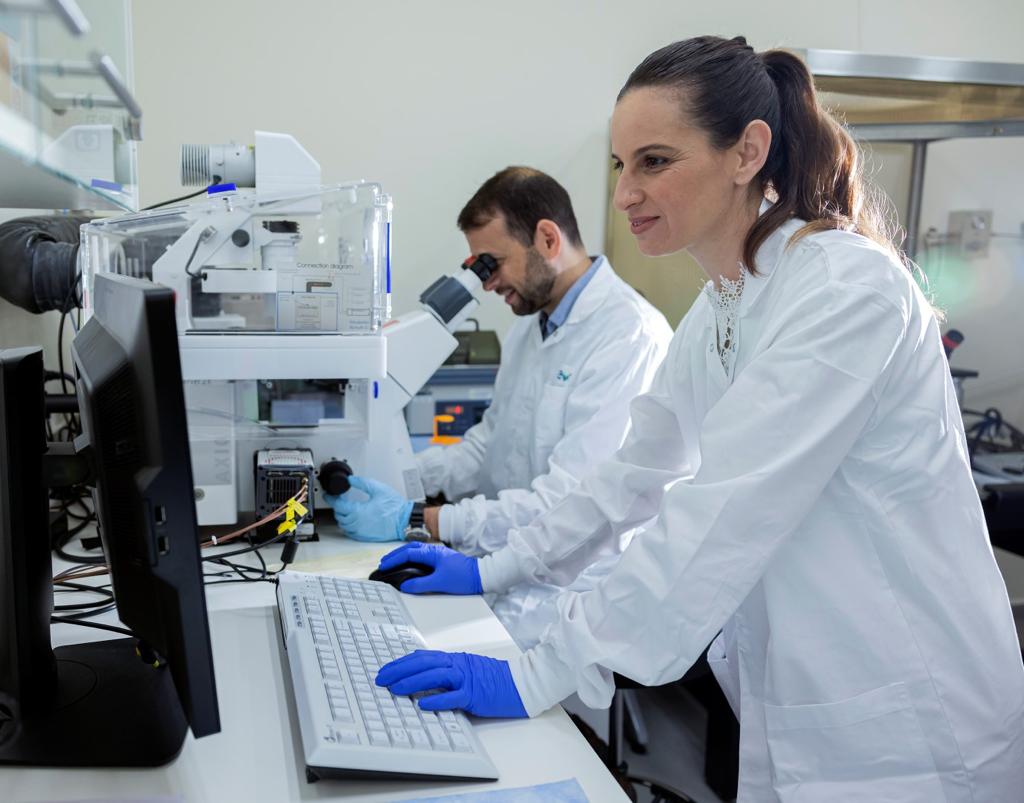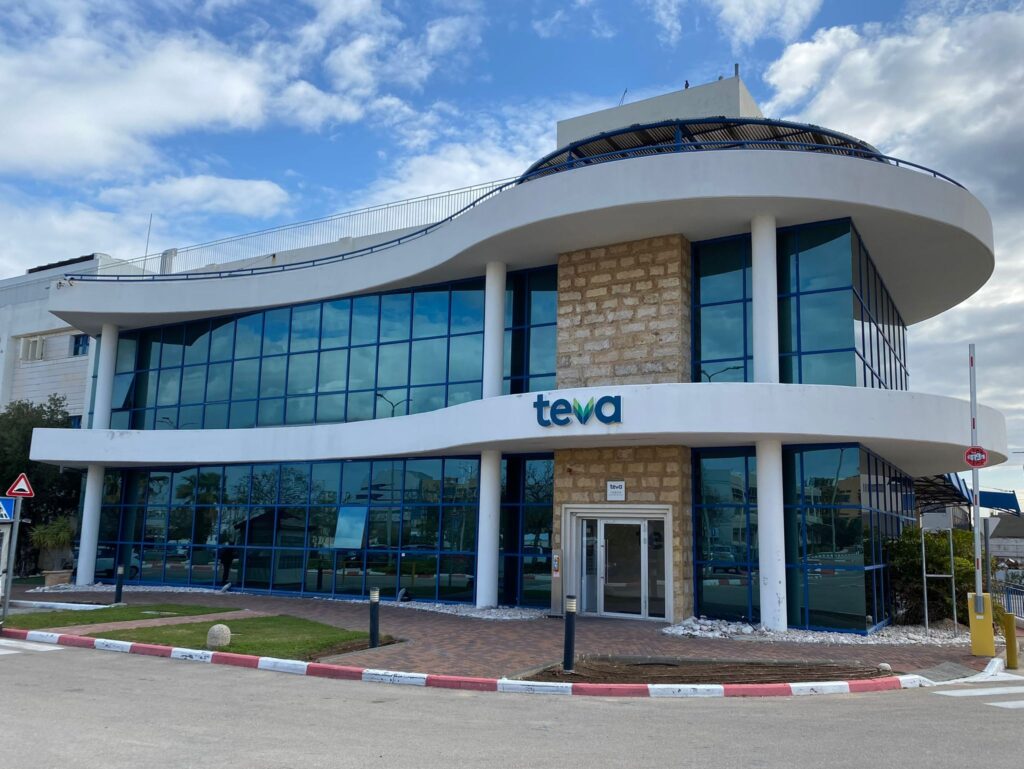A revolutionary schizophrenia treatment developed in Israel, which makes it easier for adult patients to manage their illness, has been granted approval by the US Food and Drug Administration, clearing the way for it to reach Americans in need as soon as this month.
Pharmaceutical companies Teva of Israel and Medincell of France have teamed up to produce the Uzedy injection, which allows for the slow and controlled release of the existing drug risperidone using unique new SteadyTeq technology.

The injection works by containing the medication inside a substance (polymer) that gradually degrades, releasing the drug in increments.
“Medincell actually came up with the platform itself,” says Eran Harary MD, Senior Vice President of Teva’s Global Clinical Development and the company’s lead on the project.
“The secret then was to come up with a formulation. It requires a lot of work to come up with the right formulation with those polymers,” he tells NoCamels.
That work, he says, was done by Teva in Israel and started 10 years ago. The medication is also being produced by the company in Kfar Saba, in central Israel.
“We use our global teams, but I can tell you that it was orchestrated by the excellent teams in Israel,” Harary explains. “So although we ran it globally in the US, Europe and other places, I think in this specific case, it was really orchestrated from Israel.”
The injection makes it easier for schizophrenia patients to treat the mental illness without taking medicine on a regular, repeated basis, something that can prove to be a challenge for sufferers whose symptoms can include disruptions to thought patterns and to behavior.

The long-term, chronic condition can manifest itself in a variety of psychological symptoms, including hallucinations, confused thoughts or speech and disconnection from emotion. Sufferers can also experience acute schizophrenic episodes, during which they cannot differentiate between real and imagined situations.
“Some people actually term schizophrenia as being the cancer of mental disorders. Schizophrenia affects the way you behave, think, your perception about the world around you,” says Harary, whose professional background is in psychiatry.
According to Teva, around one percent of the global population will suffer from schizophrenia at some point, with approximately 3.5 million Americans currently diagnosed with the condition.
Around four in five schizophrenia patients have multiple relapses in the early years of treatment, primarily due to difficulties maintaining a regime of oral medication.
“We have in many cases quite good medications; we have the antipsychotics that can improve the lives of many patients,” Harary says. “But one of the problems with schizophrenia is that you have a treatment non-adherence within a year and a half. There are studies showing that within a year or year and a half, about 70 percent of the patients are not adhering to the full treatment.”
Aside from the non-adherence causing patients to relapse, he says, the failure to take the medication can actually exacerbate the condition, making the work into a more stable solution all the more urgent.
Sign up for our free weekly newsletter
Subscribe“Every time a patient relapses because of not taking the medication, there’s harm to the brain and the long-term prognosis is much worse,” he says.
“So the need was to come up with something that will enable patients to be treated and covered for a long period without them needing to adhere on a daily basis to medication. And there’s where the long-acting injectable has come into the picture.”

The pre-filled syringe comes in monthly or bimonthly doses, and allows for the medication to reach full efficacy within six to 24 hours of receiving a single dose of the injection.
“The idea was to come up with an innovative approach, meaning creating a formulation of a very effective drug, but to come up with a subcutaneous injection, like a flu shot, under the skin that can treat the patient and cover the patient in terms of treatment for a month and even two months. And the peak therapeutic level can be reached within a day,” Harary says.
The injection has completed its Phase 3 clinical trials, during which its one-month dosage was found to massively reduce the risk of a schizophrenia relapse when compared to a placebo.
“We were able to decrease the likelihood of relapses by up to 80 percent. In our studies, that’s huge,” Harary explains.
He says that the Uzedy slow-release system could potentially be used in other treatments and that research is underway to explore this possibility.
The jab is expected to be available in the US this month and in other parts of the world soon, pending approval from various health authorities.
“We’re working on that,” Harary says.

“Uzedy embodies Teva’s commitment to bringing innovative advances to patients and to providing people living with schizophrenia an important new treatment option that was designed to address certain treatment challenges and may decrease the risk of relapse,” said Teva CEO Richard Francis.
“The approval of the first product formulated with our technology is a pivotal moment for MedinCell and for the many patients who will benefit,” said MedinCell CEO Christophe Douat. “We are committed to supporting patients through innovative therapy options.”
According to the two companies, the medication will go on the market in the US with a monthly wholesale price of $1,232-$3,080, depending on the strength of the dose included. These prices are not expected to be passed onto the American consumer.
Related posts

Israeli Medical Technologies That Could Change The World

Harnessing Our Own Bodies For Side Effect-Free Weight Loss

Missing Protein Could Unlock Treatment For Aggressive Lung Cancer




Facebook comments